Debunking Myths on ‘Being Depressed’
If you had a painful and debilitating physical ailment, would you seek treatment for it? Many people would. But too often, that’s not the case when it comes to mental illness. What is depression? Are you depressed?
What is Depression?
Depression is a disorder that has always been a focus of the attention of researchers in India. Over the last 50-60 years, a large number of studies have been published from India addressing various aspects of this commonly prevalent disorder.
The various aspects studied included epidemiology, demographic, and psychosocial risk factors, etc. The impacts of depression, treatment-related issues, and prevention of depression in addition to the efficacy and tolerability of various antidepressants.
We’ll explore some of the most frequent misconceptions about depression, and what you can do if you think you might be depressed.
What is Depression and its types?
Myth #1: Being depressed is the same as being sad
We often associate depression with the primary symptom of sadness, many people confuse the two states. As a result, we can neglect depression, a serious condition that usually requires treatment, or overreacts to sadness, a normal human emotion that ebbs and flows on its own in response to difficult events.
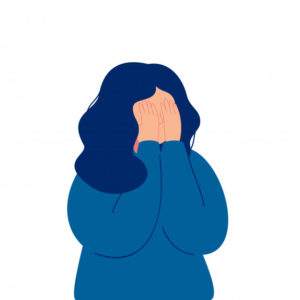 Depression is pervasive and ongoing, affecting our thinking, emotions, perceptions, and behaviors, and can cause someone to feel sad about everything.
Depression is pervasive and ongoing, affecting our thinking, emotions, perceptions, and behaviors, and can cause someone to feel sad about everything.
But depression is much more than just sadness. If someone is depressed:
- they can’t get out of bed.
- that someone might just lie there without sleeping or in some cases they sleep too much;
- One doesn’t want to eat, and
- they might not be doing any of their normal daily activities.
In general, situational depression is triggered by a difficult life event or situation. While chronic depression can arise seemingly out of the blue but still has underlying causes.
Myth #2: Depression is all in a person’s head
Some people underestimate depression, they believe that a person can choose to be happy and just snap out of it if they’re depressed. But that’s not the case.
Sometimes clinical depression is genetic. A family history of depression may increase the risk of depression, similar to other illnesses like diabetes or heart disease. Also, just because a family member has depression doesn’t mean one will also inherit and suffer from the condition.
Other times, people become depressed as a result of traumatic life events.
Other common triggers for depression include separation or divorce, death, aging, multiple losses around the same time. Something that shakes someone’s confidence like a nightmare on the job that isn’t their fault.
Helplessness is a strong theme in depression, the feeling of being pushed into a corner. If you have a predisposition, that’s really likely to push you into depression. Regardless of the underlying cause, depression often takes some time and effort to resolve.
Myth #3: Being depressed means being weak
Older generations don’t always want to seek help. But wanting to figure it out isn’t a weakness; it takes a lot of strength to talk about your emotions and really examine yourself as a person.
Depression can hit very hard, yet some people are resilient and still able to function.
Myth #4: The answer is always antidepressants
Medication in combination with talk therapy tends to produce optimal results. But medication isn’t often used right away, because sometimes talk therapy is all that’s needed.
For example, with childhood abuse, someone who’s been blaming themselves for it their whole life can feel more powerful when they realize that it wasn’t their fault.
Changing the narrative around painful life events and finding meaning in them is important to getting better.
Also, read Coronavirus Triggering Mental Health Issues
Myth #5: Depression will go away by itself
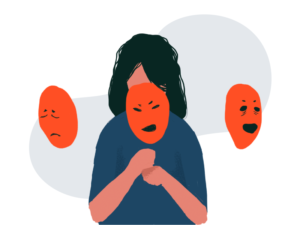 Keeping quiet about depression and hoping it goes away isn’t usually effective, that’s what many studies say.
Keeping quiet about depression and hoping it goes away isn’t usually effective, that’s what many studies say.
“It’s important that people do get help and try to get past the notion of the stigma that they’re crazy or weak,” according to a Clinical Psychology professor.
Sometimes people don’t want others to know that they’re depressed.
“But it’s OK to go and get help.”
It’s normal. The feeling and occasion of being Depressed can be resolved.
Also, Read Anxiety: How to Talk to and be Supportive of Anxious Friends

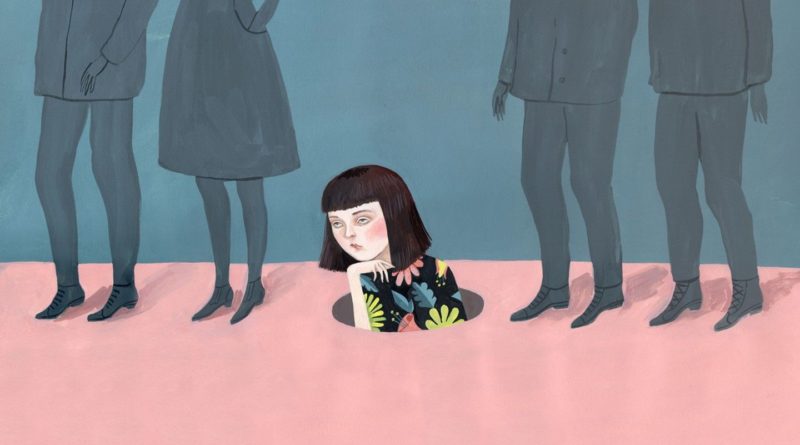
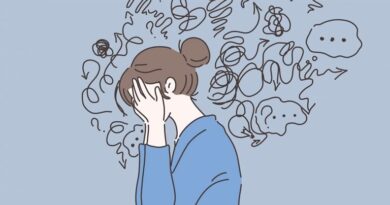
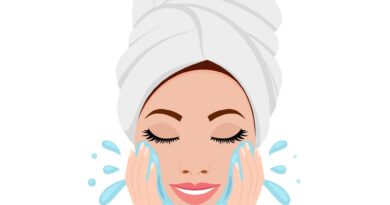

Pingback: Pan India Toll-Free Mental Health Helpline - WarPaint Journal